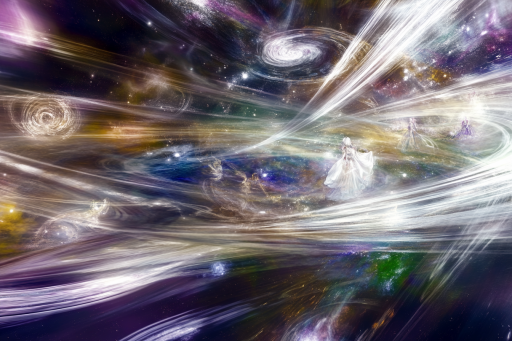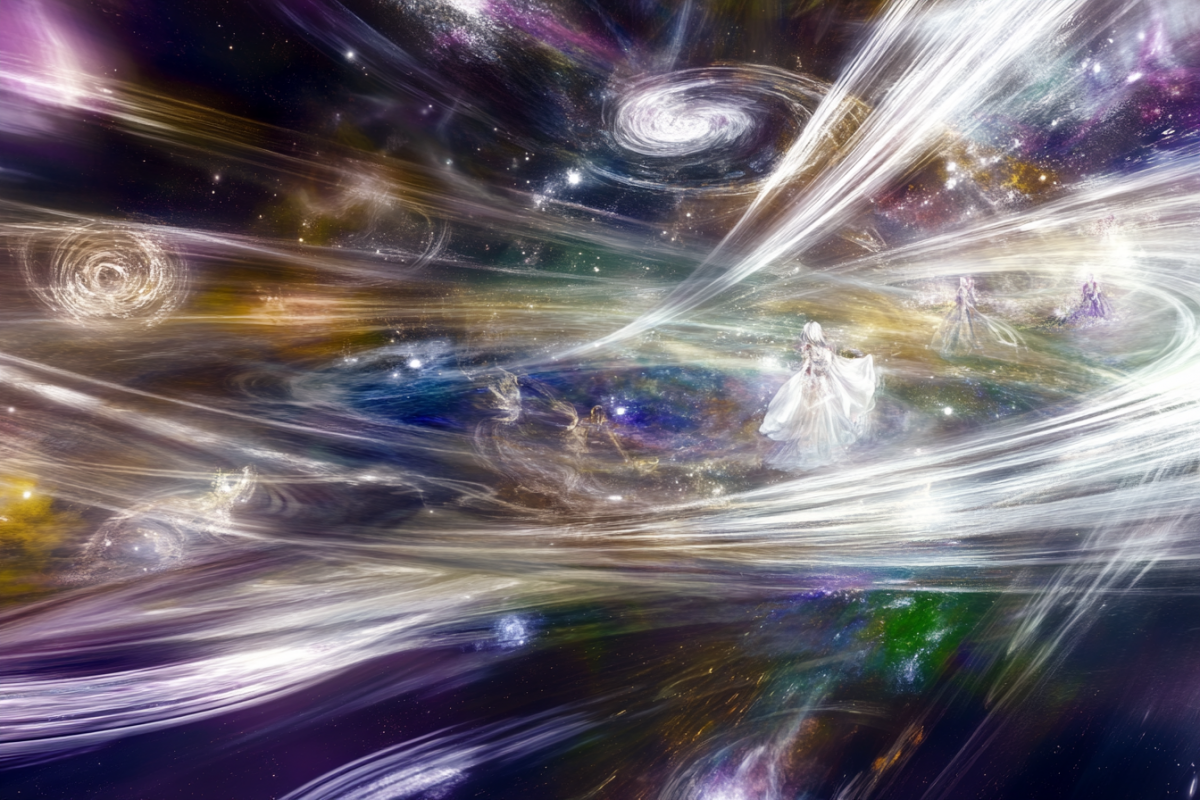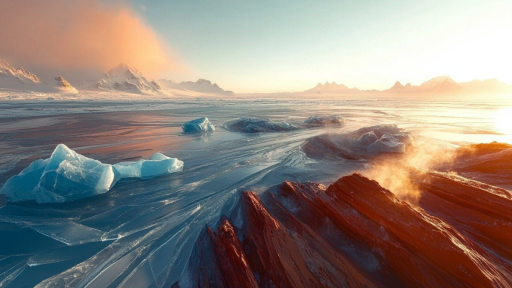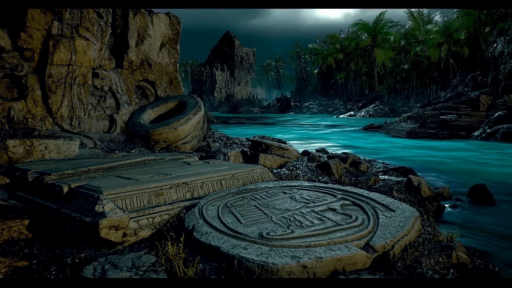
The origin of the universe remains one of the greatest unsolved mysteries in science. While the Big Bang theory explains much of what we observe, deeper questions linger—what came before, why did it happen, and is there more to reality than we can perceive? Scientists continue to uncover strange phenomena that challenge our understanding of cosmic beginnings. Could the answers to these mysteries forever remain beyond human reach, or are we on the verge of a groundbreaking discovery?
What Came Before the Big Bang?

The Big Bang theory suggests that the universe began from an infinitely small, hot, and dense point. But what existed before this explosion of space and time? Some theories propose a previous universe that collapsed and rebirthed, while others suggest an eternal cycle of expansion and contraction. If there was something before our universe, could we ever prove it?
Is the Universe Part of a Multiverse?

Some cosmologists believe our universe is just one of many—an infinite sea of parallel realities existing side by side. The multiverse theory suggests that each universe has its own physical laws, possibly with versions of ourselves living out different fates. If true, the origins of our universe might be just a small piece of a far greater cosmic puzzle. Could there be a way to peer into these other realms?
Why Does the Universe Exist at All?

One of the biggest questions in cosmology is why there is something instead of nothing. Science can describe how the universe evolved, but it struggles to explain why it came into existence in the first place. Some theories suggest that the laws of physics naturally produce universes, while others propose a deeper, hidden cause. Could this be the ultimate mystery that will never be solved?
What Is the Universe Expanding Into?

The universe is expanding, but what exactly is it expanding into? If space itself is growing, does that mean there is something beyond it, or is it simply creating more space as it stretches? Some suggest that the universe is infinite, while others theorize that it is curved, folding in on itself. If we could reach the cosmic edge, what would we find?
Could the Universe Be a Simulation?

Some physicists and philosophers propose that our universe might be an artificial simulation, created by a higher intelligence or an advanced civilization. If reality is made up of mathematical rules, could this be evidence of programmed code? Researchers are searching for glitches or anomalies in physics that might suggest we are living in a constructed reality. If the universe is a simulation, who—or what—is running it?
What Is Dark Matter and Why Does It Exist?

Scientists have discovered that most of the universe is made up of something invisible—dark matter. It doesn’t emit light or energy, yet it exerts a gravitational force that holds galaxies together. Despite decades of searching, its exact nature remains unknown. Could dark matter be an undiscovered particle, a hidden force, or even evidence of another dimension?
Is There an Antiverse?

Some scientists suggest that our universe has a mirror opposite—an “antiverse” where time runs backward and matter is made of antimatter. This theory, based on the fundamental laws of physics, could explain why our universe exists the way it does. If such a place exists, could it be possible to detect or even visit it?
What Sparked the First Galaxies?

After the Big Bang, the universe was filled with a hot, dense plasma with no structure. Somehow, the first galaxies formed from this chaos, but scientists are still unsure how this process began. Could an unknown force have shaped the first cosmic structures, or did hidden physics guide the birth of galaxies?
Does Time Have a Beginning and an End?

We think of time as an endless progression forward, but could it have had a starting point—and will it eventually stop? Some physicists believe time was created along with space, meaning it may not exist outside our universe. Others suggest time could end in a distant future when entropy reaches its maximum state. What would a world without time even look like?
Why Is There More Matter Than Antimatter?

The Big Bang should have created equal amounts of matter and antimatter, yet our universe is made almost entirely of matter. This imbalance is one of the biggest unsolved mysteries in physics. Did a hidden force tip the scales, or is there an antimatter-dominated universe somewhere else?
Is the Universe Infinite or Finite?

The universe appears to be vast beyond comprehension, but is it truly infinite, or does it have an edge? If it’s finite, what lies beyond its boundaries? Some theories suggest it could be shaped like a loop, where traveling far enough would bring you back to your starting point. Could the answer to this mystery change everything we know about space?
What Is the True Nature of Space-Time?

Space-time is often described as a fabric, bending under the influence of gravity, but its fundamental nature remains mysterious. Some theories suggest space-time is an emergent property, while others propose it is deeply connected to quantum mechanics. Could understanding space-time unlock the secret to faster-than-light travel or even time manipulation?
Could the Universe Have Been Born from a Black Hole?

Some scientists theorize that our universe may have emerged from the collapse of a massive star in another universe. This idea suggests that black holes might act as cosmic seeds, birthing new universes. If this is true, could our own black holes be creating new realms beyond our comprehension?
Are There Other Forms of Reality Beyond What We Perceive?

Our universe operates within three spatial dimensions and one of time, but could there be additional hidden dimensions beyond our perception? Some theories suggest that other realities exist alongside ours, influencing our universe in subtle ways. If such dimensions exist, could we ever experience them?
Could the Universe Be Older Than We Think?

The current model of the universe suggests it began with the Big Bang, but what if the cosmos is far older than we believe? Some theories propose that our universe is just one phase in an endless cycle of expansion and collapse, meaning its true age could be infinite. Others suggest that an unknown force may have shaped reality long before the Big Bang occurred. If the universe has existed longer than we thought, what hidden history might it hold?
Are We on the Brink of a Cosmic Revelation?

For all of humanity’s advancements, the greatest mysteries of the universe’s origins remain unsolved. Each discovery leads to even deeper questions, suggesting that reality may be more complex than we ever imagined. Could the answers be just beyond our reach, waiting for the right breakthrough? Perhaps the universe itself holds secrets we were never meant to uncover.





